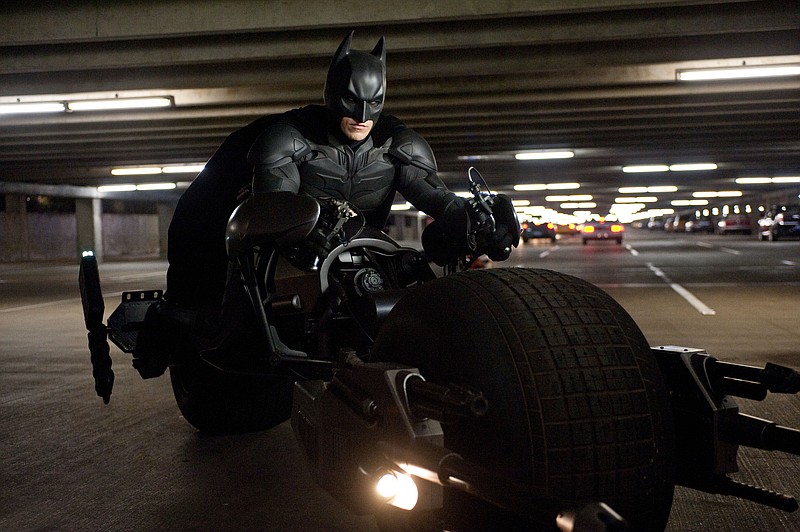LOS ANGELES (AP) - There seems to be very little of the blame-it-on-Hollywood backlash in the wake of the Colorado theater massacre that so often occurs when people struggle to make sense of a senseless, violent act.
Many agree you simply can't hold the art form itself responsible in the shooting that left 12 people dead and 58 others injured at a packed midnight showing of "The Dark Knight Rises." The alleged shooter, 24-year-old James Holmes, appeared in court Monday for the first time since the bloody attack of early Friday morning. While his hair was dyed the kind of bright, orange-red shade you might see in a comic book, authorities say it could take months to determine a motive.
Still, the film industry seems to recognize the potential for scrutiny and has shown sensitivity in response to the tragedy, if not some defensiveness.
Warner Bros., the studio that released the much-anticipated final piece in writer-director Christopher Nolan's Batman trilogy, quickly pulled a trailer for its upcoming film "Gangster Squad," which was playing in theaters before "The Dark Knight Rises." The promo for the 1940s period film - which features a star-studded cast including Sean Penn, Ryan Gosling, Josh Brolin and Emma Stone - contains a climactic scene in which mobsters fire automatic weapons into a movie theater audience from behind the screen.
But now there's the problem of what to do with that scene when the film itself comes out Sept. 7. Trim it to make it less graphic? Edit it out entirely? Warner Bros. would not confirm Hollywood trade reports the film's September release will be delayed and a costly reshoot has been ordered to replace the theater scene.
The studio also canceled "The Dark Knight Rises" premieres in Paris, Mexico City and Tokyo as well as delayed reporting of its usual Sunday box office estimates out of respect for the victims, with other studios following suit. The film earned an impressive $160.9 million over the weekend, making it the biggest 2-D opening ever, but falling just short of expectations following the mass shooting.
And Warner Bros. and the National Association of Theater Owners have each announced plans to make donations to a victims fund set up by Colorado Gov. John Hickenlooper.
Finding the right tone going forward, especially when it comes to violent content, has been on the minds of industry leaders and performers alike since the deadly attack.
Asked whether Hollywood bore any responsibility for the violence in Colorado, producer and DreamWorks Studios co-founder David Geffen said: "I don't think that's true at all."
"I think it's a tragedy and to blame the movie business is incorrect and inappropriate," Geffen said Sunday at the Television Critics Association meeting in Beverly Hills.
Actress Diane Lane said during the same event that she doubts the content of "The Dark Knight Rises" provided inspiration. Among the film's big, action set pieces are organized attacks on a stock exchange and a football stadium, but the violence features no blood.
"I think it's just an opportunistic scenario," Lane said. "I leave it to people who sit in rooms with diagrams and charts to try to correlate cause and effect. And I think hindsight is 20-20 and we're not anywhere near hindsight. This is still fresh paint on the canvas of our culture and it remains to be seen. There's a lot of healing to go on."
Asked on Saturday at the TCA meeting whether the television business should cut down on violence in programming, PBS President Paula Kerger said her network was most concerned about what children see.
"Obviously, the programming that we produce is educational," she said, "but we think a lot about the images that particularly the most impressionable - and I would say that children are at the top of that list - are confronted with."

